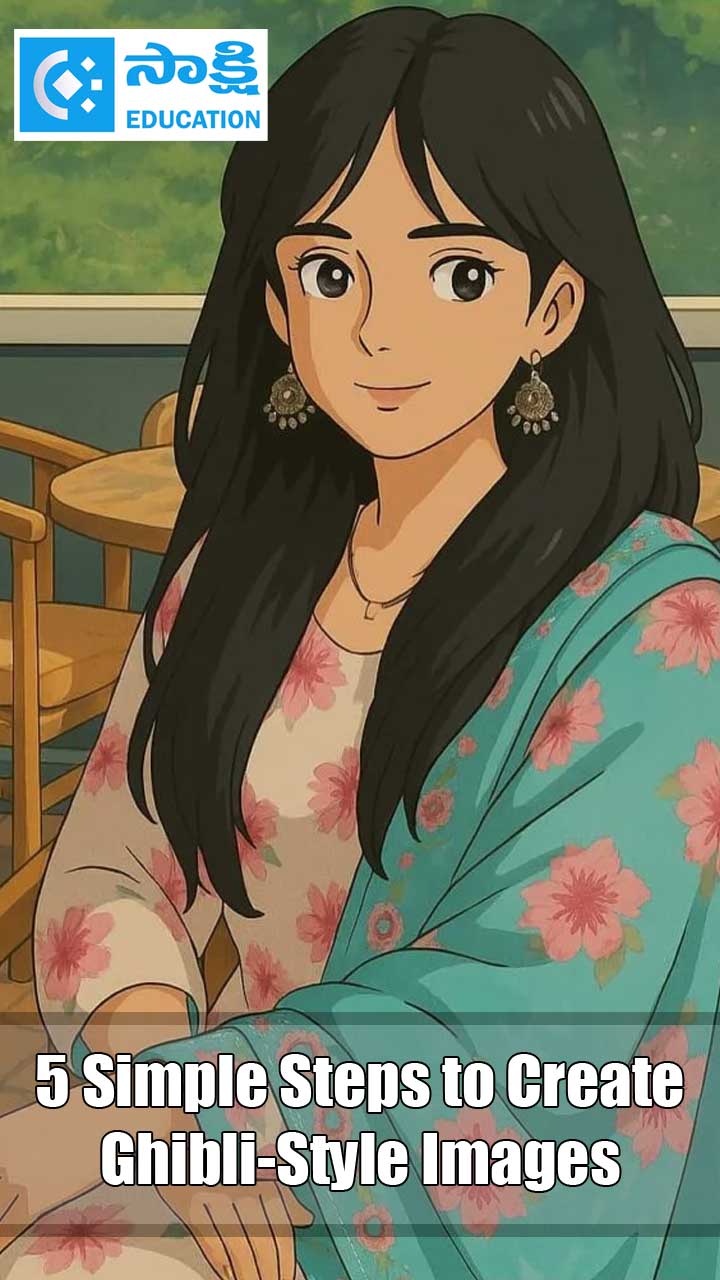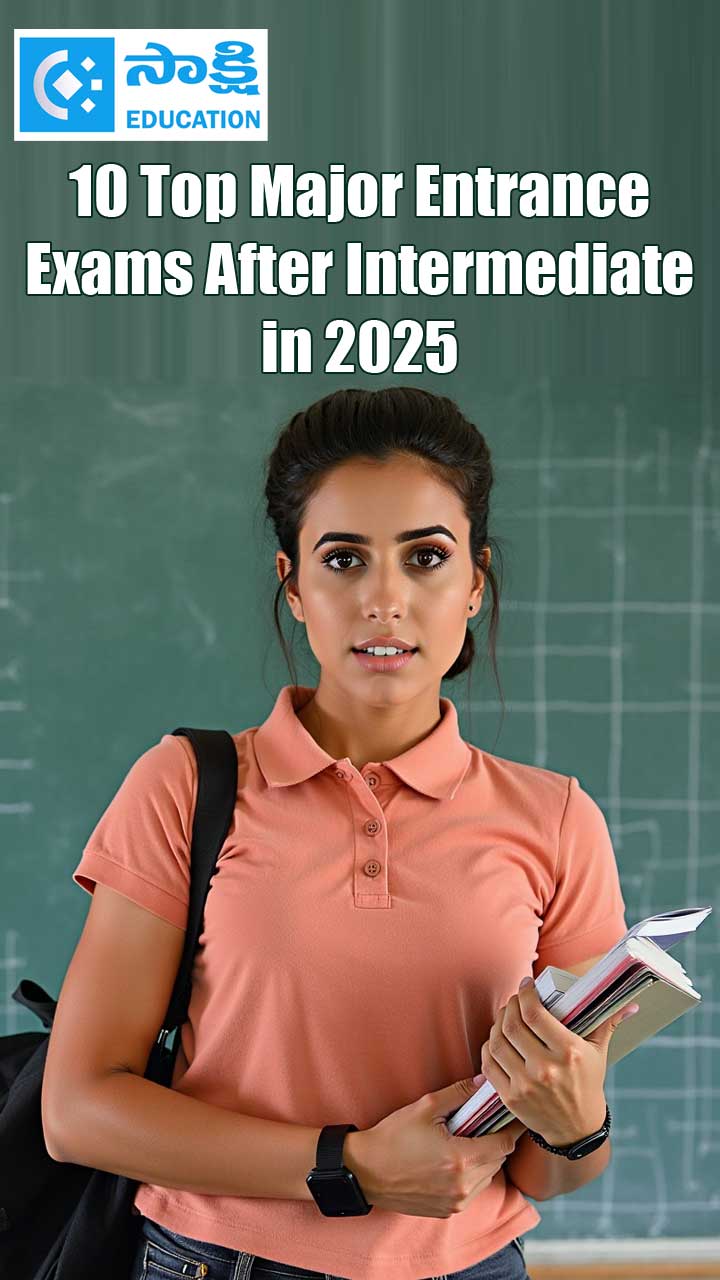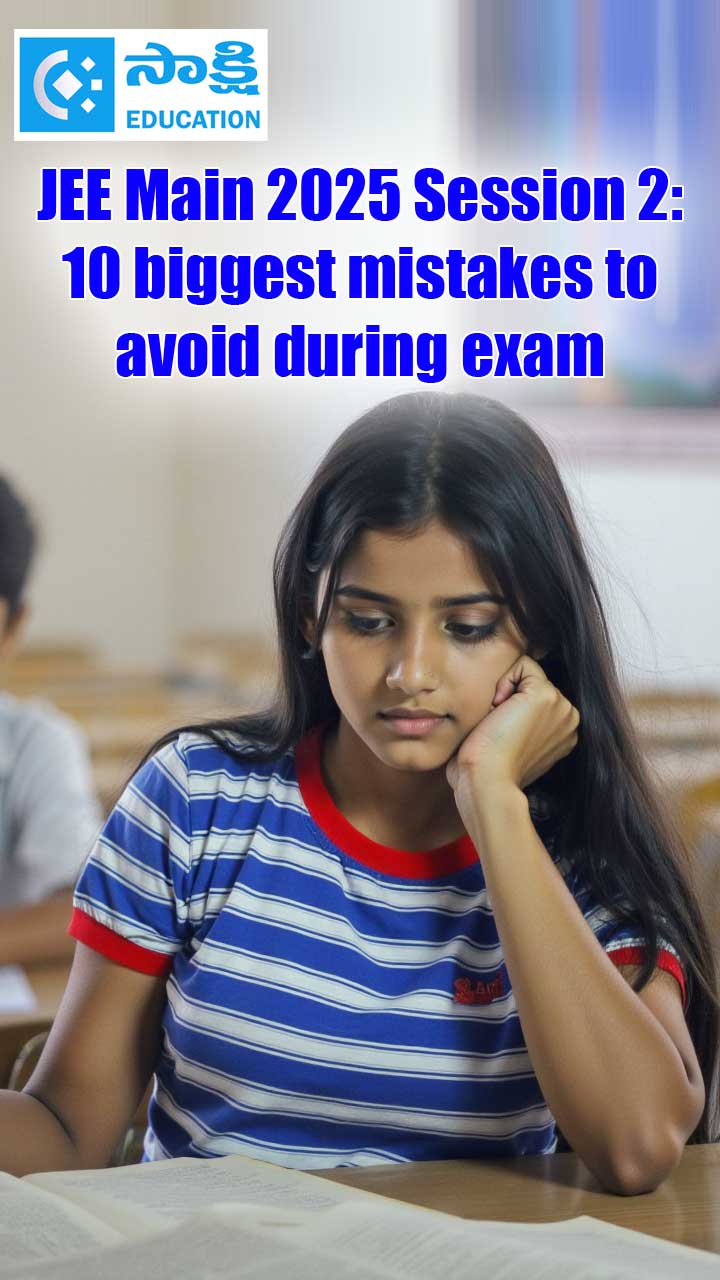The Institution of Mechanical Engineers (India)
Sakshi Education
The Institution of Mechanical Engineers (India) established in 1914, to promote, advance and update knowledge, business and practice of mechanical engineering professionals.
The institution offers two programmes namely Technician Engineer and Chartered Engineer, which are equal to Diploma and B.Tech., respectively.
While the Technician Engineer programme has been recognised by the Ministry of HRD at par with a diploma in Mechanical Engineering from State polytechnics, the Chartered Engineers programme has been recognised by the Ministry of HRD, several universities, the UPSC, five IITs and Indian Institute of Science, Bangalore, for admission to post graduate courses, subject to passing GATE examination.
Technician Engineer Programme
This programme, which is equivalent to Diploma, is offered in with the branches of Automobile Engineering, Production Engineering, Refrigeration and Air-Conditioning Engineering.
The Technician Engineer programme is divided into Part –I and Part –II.
Eligibility:
Technician Engineers Part-I:
A candidate must pass in 10th standard with English, Physics, Chemistry & Mathematics and 6 months engineering work experience either as trainee or employee.
Technician Engineers Part-II:
A candidate must pass in 10+2 level examination with English, Physics, Chemistry, Maths or a pass of Part-I of the Technician Engineer Exam of the Institution and 6 months work experience either as trainee or employee.
Subjects:
The Part I of the programmes include - Communication Skills, Engineering Mathematics –I, Applied Physics, Applied Chemistry, Engineering Mathematics –II and Computer Applications.
The Part II of the programmes include - Applied Mechanics, Electrical Technology, Engineering Graphics, Strength of Materials, Theory of Machines, Manufacturing Processes, Thermal Engineering, Industrial Organization and Strategic Management, Fluid Power, Workshop Practice, Machine Design, Metrology and Quality Control, Production Technology, Refrigeration and Air-Conditioning System and Automobile Manufacturing System.
After completion of theory papers, students have to undergo at least three months mandatory Apprenticeship/ Practical Training at any AICTE recognized polytechnic for award of Technician Engineers Certificate.
Besides the 21 common papers, students can opt for their favorite branches and shall have to study following subjects which fall under Part –II of the programme.
Automobile Engineering
Charted Engineer programme, which is famously known as Associate Membership, is equivalent to B.Tech. programme. This programme is divided into Section-A and Section-B. The programme is offered only in one branch i.e. Mechanical Engineering.
Section-A:
Eligibility criteria to enroll into Section-A are – i). completion of Diploma in Mechanical Engineering from Government Polytechnic with 6 months work experience in Engineering field either as Trainee or Employee, or ii). completion of Technician Engineer programme with 3½ year engineering work experience.
Subjects of Section-A are - Introduction to Manufacturing Process, Advanced Electrical Technology, Mechanics, Fundamentals of Computer, Advanced Engineering Mathematics, Thermodynamics, Fluid Mechanics, Society, Environment and Engineering, Dynamics, Advanced Material Science and Metallurgy, Heat Transfer-I and Theory of Machine.
Section-B:
Eligibility criteria to enroll into Section-B are – i). completion of Section-A examination of the institution or equivalent qualification with Engineering work experience.
Subjects of Section-B include Environmental Engineering, Computer Graphics, I.C. Engines and Automobile Engineering, Operations Research, Advanced Strength of Materials, Industrial Economics and Management, Mechanical Measurements and Hydraulic Machines. These are common for all the students.
The optional subjects are - Refrigeration and Air- Conditioning, Metal Cutting and Tool Design, Jigs and Fixture Design, CAD/ CAM (Application) and Automation, CNC Programming, Meteorology and Quality Control, Management of Technology, Machine Vibration Analysis and Machine Tool Design.
In addition to 8 compulsory subjects, Section - B students are required to appear and pass in 3 optional subjects.
Exam centers:
The IME conducts exams for both the course twice a year in - Ahmedabad, Balasore, Bangalore, Berhampur, Chennai, Delhi, Faridabad, Gurgaon, Hyderabad, Indore, Jodhpur, Kochi, Kolkata, Mumbai, Nagpur, Pune, Rourkela, Surat and Vadodara centres.
For more details on the programmes, students are advised to visit local IME centres. They can visit the institution’s website - www.imeindia.in for basic details.
NOTE OF CAUTION: The prospective students are advised to get in touch with the local chapter/centre of the institution, make online search about different aspects of their preferred programmes, as well as contact the present and previous students of the programmes so that they can get an in-depth understanding about the programmes and institutions. They are expected to make their career choices only after extensive consultation about the programme that they would like to enroll for.
The institution offers two programmes namely Technician Engineer and Chartered Engineer, which are equal to Diploma and B.Tech., respectively.
While the Technician Engineer programme has been recognised by the Ministry of HRD at par with a diploma in Mechanical Engineering from State polytechnics, the Chartered Engineers programme has been recognised by the Ministry of HRD, several universities, the UPSC, five IITs and Indian Institute of Science, Bangalore, for admission to post graduate courses, subject to passing GATE examination.
Technician Engineer Programme
This programme, which is equivalent to Diploma, is offered in with the branches of Automobile Engineering, Production Engineering, Refrigeration and Air-Conditioning Engineering.
The Technician Engineer programme is divided into Part –I and Part –II.
Eligibility:
Technician Engineers Part-I:
A candidate must pass in 10th standard with English, Physics, Chemistry & Mathematics and 6 months engineering work experience either as trainee or employee.
Technician Engineers Part-II:
A candidate must pass in 10+2 level examination with English, Physics, Chemistry, Maths or a pass of Part-I of the Technician Engineer Exam of the Institution and 6 months work experience either as trainee or employee.
Subjects:
The Part I of the programmes include - Communication Skills, Engineering Mathematics –I, Applied Physics, Applied Chemistry, Engineering Mathematics –II and Computer Applications.
The Part II of the programmes include - Applied Mechanics, Electrical Technology, Engineering Graphics, Strength of Materials, Theory of Machines, Manufacturing Processes, Thermal Engineering, Industrial Organization and Strategic Management, Fluid Power, Workshop Practice, Machine Design, Metrology and Quality Control, Production Technology, Refrigeration and Air-Conditioning System and Automobile Manufacturing System.
After completion of theory papers, students have to undergo at least three months mandatory Apprenticeship/ Practical Training at any AICTE recognized polytechnic for award of Technician Engineers Certificate.
Besides the 21 common papers, students can opt for their favorite branches and shall have to study following subjects which fall under Part –II of the programme.
Automobile Engineering
- Auto Workshop Technology
- Applied Mechanics and Strength of Materials (Auto)
- Engineering Materials & Metrology
- Automobile Engineering
- Engineering Drawings
- Automobile Chasis
- Auto Vehicle Maintenance and Garage Practice
- Theory of Machines and Design of Auto Components
- Industrial & Transport Business Management
- Workshop Technology (Production)
- Applied Mechanics and Strength of Materials (Production)
- Engineering Materials and Metrology
- Computer Science and Electronic Engineering
- Engineering Drawing
- Tool Engineering
- Production Management
- Theory of Machines and Design
- Industrial Management Science
- Manufacturing Technology
- Applied Mechanics and Strength of Materials
- Engineering Materials Metrology
- Refrigeration and Air-conditioning plants
- Controls and instrumentation for Refrigeration and Air-conditioning plants
- Construction, Operation and Maintenance of the Plants
- Applied Thermodynamics
- Theory of Machines and Design
- Industrial Management and Science
Charted Engineer programme, which is famously known as Associate Membership, is equivalent to B.Tech. programme. This programme is divided into Section-A and Section-B. The programme is offered only in one branch i.e. Mechanical Engineering.
Section-A:
Eligibility criteria to enroll into Section-A are – i). completion of Diploma in Mechanical Engineering from Government Polytechnic with 6 months work experience in Engineering field either as Trainee or Employee, or ii). completion of Technician Engineer programme with 3½ year engineering work experience.
Subjects of Section-A are - Introduction to Manufacturing Process, Advanced Electrical Technology, Mechanics, Fundamentals of Computer, Advanced Engineering Mathematics, Thermodynamics, Fluid Mechanics, Society, Environment and Engineering, Dynamics, Advanced Material Science and Metallurgy, Heat Transfer-I and Theory of Machine.
Section-B:
Eligibility criteria to enroll into Section-B are – i). completion of Section-A examination of the institution or equivalent qualification with Engineering work experience.
Subjects of Section-B include Environmental Engineering, Computer Graphics, I.C. Engines and Automobile Engineering, Operations Research, Advanced Strength of Materials, Industrial Economics and Management, Mechanical Measurements and Hydraulic Machines. These are common for all the students.
The optional subjects are - Refrigeration and Air- Conditioning, Metal Cutting and Tool Design, Jigs and Fixture Design, CAD/ CAM (Application) and Automation, CNC Programming, Meteorology and Quality Control, Management of Technology, Machine Vibration Analysis and Machine Tool Design.
In addition to 8 compulsory subjects, Section - B students are required to appear and pass in 3 optional subjects.
Exam centers:
The IME conducts exams for both the course twice a year in - Ahmedabad, Balasore, Bangalore, Berhampur, Chennai, Delhi, Faridabad, Gurgaon, Hyderabad, Indore, Jodhpur, Kochi, Kolkata, Mumbai, Nagpur, Pune, Rourkela, Surat and Vadodara centres.
For more details on the programmes, students are advised to visit local IME centres. They can visit the institution’s website - www.imeindia.in for basic details.
NOTE OF CAUTION: The prospective students are advised to get in touch with the local chapter/centre of the institution, make online search about different aspects of their preferred programmes, as well as contact the present and previous students of the programmes so that they can get an in-depth understanding about the programmes and institutions. They are expected to make their career choices only after extensive consultation about the programme that they would like to enroll for.
Published date : 21 Aug 2013 04:19PM



















